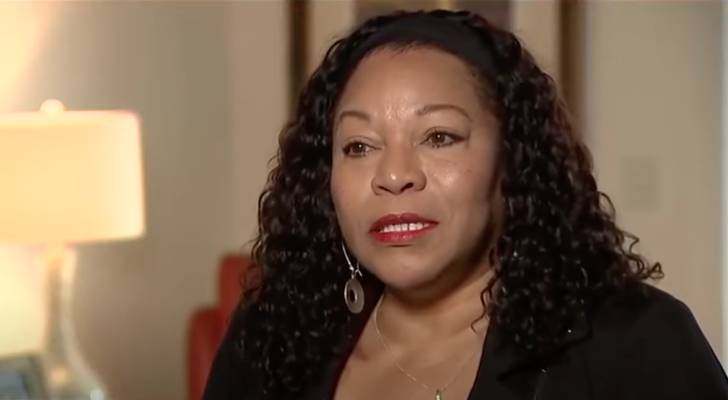Picture this: You own a home, along with $130,000 in cash savings and $40,000 in your RRSP, and you’re not even 30 years old yet.
On paper, this is a great financial situation. But after years of pinching pennies, turning down dinner invites and putting fun on layaway, was the sacrifice worth it?
Welcome to the emotional hangover of hyper-saving, a side effect of the FIRE (Financial Independence, Retire Early) movement.
If this sounds like you, we’ve got some strategies for how to be fiscally responsible and still enjoy your life.
Full bank account, blank social calendar
The FIRE movement is made up of intense saving and budgeting to support an early retirement.
Saving 50% to 70% of your income sounds glamorous on paper, and for the ultra-disciplined, it’s a path to fast-track financial goals. But when social life takes a back seat to spreadsheet life, the returns may not always be what they seem.
In 2023, the median net worth of households under 35 years old stood at $159k according to Scotiabank.
So, if you’re in your late twenties with six figures saved and real estate in your name, you’ve already lapped this figure several times over.
But while your bank account may be full, what can you do if your social calendar is blank?
Is there a middle ground?
Once you’ve nailed the basics, like establishing an emergency fund, bolstering your retirement savings and acquiring some equity, it could be time to rebalance. Financial stability should be your launch pad to life, not the finish line.
Here are some ways to reclaim your social life:
The “Yes Month”: Say yes (within reason) to social invites for a month. Go to that concert. Grab rooftop drinks. RSVP “yes” to life. Giving yourself permission to live a little can revitalize your emotional well-being.
Create a “Fun Fund”: Set aside a guilt-free allowance for everything you used to say “no” to, such as weekend getaways, dinners out, shopping or even grabbing a coffee.
Book a short trip: Whether it’s a road trip or something more exotic, a short, reasonably priced escapade can reset your perspective and your priorities and give you time for self-reflection.
Talk to a professional: A financial advisor can help you pivot from survival-mode saving to intentional living. Think of it this way, you take your car in for service regularly, right? So consider these meetings to be a tune-up for your money mindset.
You may also want to ask yourself: “What does ‘enough’ look like — for me?”
This can be used as a baseline for your saving mindset. Defining what’s “enough” — whether it’s a certain amount of savings or a paid-off mortgage — can help you figure out how much room you have to enjoy other things while you work toward achieving that goal.
Saving aggressively in your 20s is a powerful move. But financial independence isn’t just about escaping work; it’s about designing a life you actually want to live.
If you’re sitting on a growing bank account and a shrinking social life, maybe it’s time to rebalance the books, not just financially, but emotionally.
Sources
1. Scotiabank: Taking one brick out of the worry wall: new data confirm most Canadian households holding up (Nov 12, 2024)
This article provides information only and should not be construed as advice. It is provided without warranty of any kind.


